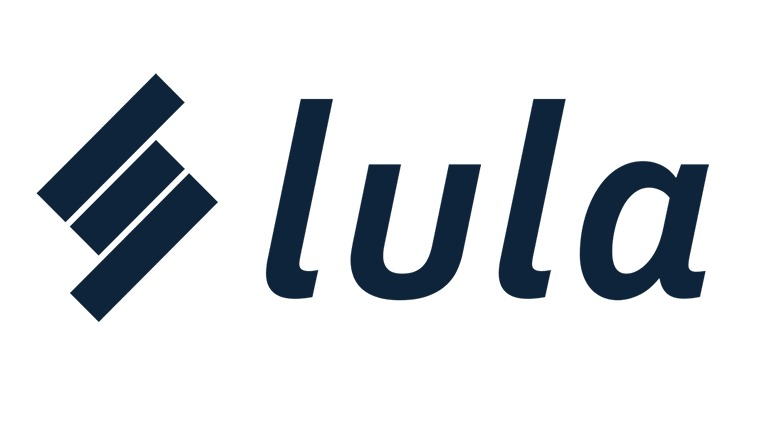
Funding funding funding, everyone needs it for their business venture at some point. The one thing many people struggle with is knowing what type of funding they need for their business. If you are also struggling with this decision, rest assured we are here to help.
Funding is the provision of capital for a business. If you have a start-up, funding allows you to bring your business idea to life. If you have an existing business, funding can help you expand, buy equipment and help your cash flow.
Applying for funding can be a stressful time for business owners. The wait is sometimes long and if you’re applying for the wrong type of funding, it can be even more stressful.
In this article, we look at how you can identify what type of funding you need for your business.
Types of Funding
Before you decide which funding to apply for, you need to know the different types of funding. There is funding available for almost everything and there are different funding instruments too.
Unsecured Loans: If you don’t have any collateral or assets, unsecured loans are perfect for you. With these types of loans, lenders will not need any collateral and are not very strict when it comes to credit scores. If you know you can pay back the loan and that is evident to the lender, then you will get your loan.
Revolving Credit Line: A revolving credit line is a credit card. You can get a business credit card from any traditional bank.
Working Capital Loans: Working capital loans are there for you if you need to expand your business or cover day-to-day expenses.
Bridging Finance: This type of funding helps you bridge any gaps you may have in your cash flow. Bridging is a short-term loan that you can get very quickly.
Purchase Order Funding: Purchase order funding is for you if you have any contracts or tenders to fulfil.
Government Grants: This type of funding is given to you by the government to help you develop your business. Grants are allocated in a percentage. If you get a 100% grant you do not need to repay it but if your grant is (for example) 70%, you will need to pay 30%.
Government Incentives: Government incentives are there to encourage you (the recipient) to achieve a certain goal. This type of funding can be cash incentives, tax advantages or preferential access to infrastructure.
Equity Funding: Equity funding is when the government gives you funds as if it were investing in your business. So if you get equity funding, you have to give the government a share in your business.
Crowdfunding: Crowdfunding is when you raise money for your business through a public platform.
Angel Investors: Angel investors are individuals looking to invest in new businesses with their own capital. Angel investors typically invest in a business before it is clearly defined.
Venture Capital: Venture capitalists can provide you with the funding you need to start your business. They typically invest with the expectation of getting a share of your business instead of you repaying the loan.
Bootstrapping: This is when you finance your business idea using your own capital.
These are the different types of funding that you can get. You can now pick the one that best suits your business.
How To Apply for Business Funding
Most funding platforms have a simple outline of what you will need in order to apply. Most of them will ask you for basic documents such as:
- Copy of your ID.
- Proof of business registration from the Companies and Intellectual Property Commission (CIPC).
- Income tax certificate from the South African Revenue Services (SARS).
For government funding you will need:
- The above-mentioned documents.
- B-BBEE compliance documents.
- Annual financial statements.
- Management accounts.
- A comprehensive business plan.
- Trading licences and permits (if applicable).
- Marriage certificates of owners (if applicable).
- Proof of your business address.
- Shareholder agreements (if applicable).
- Proof of any outstanding debtors.
For venture capital investment:
- A comprehensive pitch deck and business plan.
Note: Since venture capitalists invest in businesses that are start-ups, your business registration documents are not always a priority.
Now that you know the requirements for applying for funding you can begin sending your application to the different funding platforms. If you need help finding the correct platforms, you can find the necessary information on our website.
Don’t wait long! Identify what kind of funding your business needs and apply today!


















